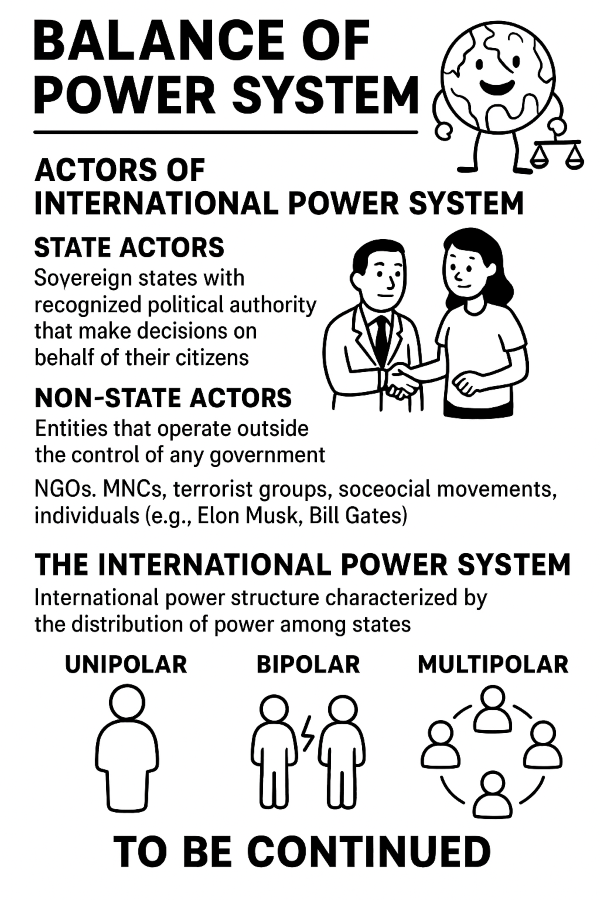The Power of Sleep: Why Rest is Essential for Health, Productivity, and Well-being – By Nadeeka – eLanka

In our fast-paced world, sleep is often sacrificed to meet the demands of daily life. Work, social obligations, and personal ambitions frequently compete for our time, making sleep seem like a luxury rather than a necessity. However, sleep is more than just a time to rest—it is a vital component of health, productivity, and overall well-being. Understanding the importance of sleep can transform how we approach our daily routines and, ultimately, improve the quality of our lives.
The Science Behind Sleep
Sleep is a complex biological process that affects almost every part of the body. It is controlled by the body’s internal clock, known as the circadian rhythm, which regulates when we feel awake and when we feel sleepy. This rhythm is influenced by environmental factors such as light and darkness, which signal the body to produce hormones like melatonin to prepare for sleep.
Sleep occurs in cycles, with two primary types: rapid eye movement (REM) sleep and non-REM sleep. REM sleep is the phase where dreaming occurs, and it plays a crucial role in emotional regulation and memory consolidation. Non-REM sleep is divided into three stages, each deeper than the last, where physical repair, immune function, and cell growth happen.
Together, these stages ensure that our bodies and minds recover, recharge, and prepare for the next day. When sleep is inadequate, either in quality or quantity, it disrupts these vital processes, leading to a host of problems that can affect everything from cognitive performance to emotional stability.
The Consequences of Sleep Deprivation
Despite sleep’s critical role, many people underestimate its importance. Sleep deprivation, whether from a chronic lack of sleep or poor-quality rest, can have serious consequences for both short-term and long-term health.
- Cognitive Impairment: A lack of sleep impairs memory, attention, and decision-making. Studies have shown that sleep-deprived individuals perform worse on cognitive tasks and are more prone to errors and accidents. This is particularly concerning for professionals who rely on mental clarity and precision, such as doctors, pilots, and drivers.
- Emotional Instability: Sleep is essential for emotional regulation. Without enough sleep, people are more prone to mood swings, anxiety, and irritability. Long-term sleep deprivation has even been linked to mental health disorders like depression and anxiety, as the brain struggles to cope with emotional stress.
- Physical Health Risks: The body undergoes critical repair and recovery processes during sleep. Without sufficient rest, the immune system weakens, making it harder to fight off infections. Chronic sleep deprivation is also associated with an increased risk of heart disease, diabetes, obesity, and stroke. It can disrupt metabolic functions, leading to weight gain and insulin resistance.
- Reduced Productivity and Creativity: It might seem like sleeping less gives you more time to get things done, but the reality is the opposite. Sleep-deprived individuals are less productive, less creative, and more prone to burnout. When well-rested, the brain can solve problems more effectively, generate new ideas, and maintain focus for longer periods.
The Benefits of Quality Sleep
On the flip side, getting enough quality sleep brings numerous benefits to both body and mind. These benefits extend beyond feeling rested; they touch every aspect of daily life.
- Improved Learning and Memory: During sleep, the brain processes and consolidates the information learned during the day. This helps with memory retention and enhances the ability to learn new skills. Students, professionals, and anyone engaged in continuous learning can greatly benefit from prioritizing sleep.
- Enhanced Mood and Emotional Balance: A good night’s sleep can have a significant impact on emotional well-being. It helps the brain regulate emotions, which can lead to improved relationships, better conflict resolution, and greater overall happiness.
- Boosted Immune Function: A well-rested body is better equipped to fight off infections and diseases. Adequate sleep strengthens the immune system, reducing the likelihood of getting sick. For athletes and active individuals, sleep also aids in physical recovery, allowing for faster healing and better performance.
- Increased Creativity and Problem Solving: Sleep fosters creativity by giving the brain time to process information in novel ways. It helps with complex problem-solving and can lead to moments of insight or inspiration, as the mind works through challenges unconsciously during sleep.
- Better Physical Health: Quality sleep contributes to maintaining a healthy heart, regulating blood pressure, and balancing hormones that control hunger and metabolism. For individuals looking to manage their weight or prevent chronic conditions like diabetes, sleep is as important as diet and exercise.
How Much Sleep Do We Really Need?
While individual sleep needs can vary, the general recommendation for adults is between 7 to 9 hours of sleep per night. Children, teenagers, and young adults typically need more sleep, as their bodies are still growing and developing.
Getting the right amount of sleep is important, but the quality of that sleep also matters. A disrupted or restless sleep, even if it totals the right number of hours, may not provide the same benefits as deep, uninterrupted sleep. Factors like stress, inconsistent sleep schedules, and environmental disturbances can affect sleep quality.
Tips for Better Sleep
Achieving quality sleep requires both good sleep hygiene and a healthy lifestyle. Here are some practical tips to improve both the quantity and quality of your sleep:
- Create a Sleep-Conducive Environment: Make your bedroom a sanctuary for sleep. This means keeping it dark, quiet, and cool. Investing in a comfortable mattress and pillows can also make a huge difference in how well you sleep.
- Stick to a Sleep Schedule: Going to bed and waking up at the same time every day, even on weekends, helps regulate your body’s internal clock. This consistency makes it easier to fall asleep and wake up feeling refreshed.
- Limit Screen Time Before Bed: The blue light emitted by phones, tablets, and computers can interfere with melatonin production, making it harder to fall asleep. Try to avoid screens for at least an hour before bed, or use blue light filters if necessary.
- Watch What You Eat and Drink: Avoid large meals, caffeine, and alcohol close to bedtime. Caffeine and nicotine are stimulants that can disrupt sleep, while heavy meals can cause discomfort and indigestion.
- Incorporate Relaxation Techniques: Relaxation exercises such as deep breathing, meditation, or gentle yoga can help calm the mind and prepare the body for sleep. Establishing a calming bedtime routine signals to your brain that it’s time to wind down.
- Exercise Regularly: Physical activity during the day can help you fall asleep faster and enjoy deeper sleep. However, try to avoid vigorous exercise too close to bedtime, as it may have the opposite effect.
Conclusion: Prioritizing Sleep for a Better Life
Sleep is far from a luxury—it’s a vital, restorative function that our bodies and minds need to thrive. By prioritizing sleep, we enhance our physical health, emotional well-being, and cognitive abilities. Whether you’re aiming for better productivity, improved relationships, or a healthier body, sleep should be the foundation of your self-care routine. In a world that constantly pushes for more, faster, and better, the most important thing you can do for your health and success is simple: get a good night’s sleep.























